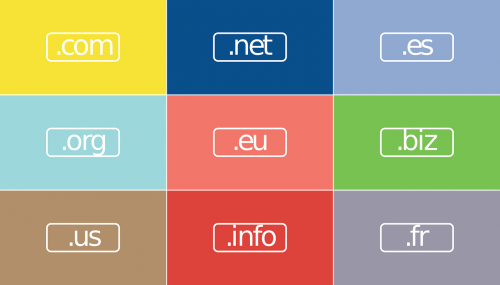Once you know your idea is feasible, it’s time to put together a comprehensive business plan. Even if you don’t plan on obtaining funding for your business, at least not initially, having a business plan is valuable because it lets you spot any potential bumps down the road and plan for future growth and profitability.
The work you did in step one gives you a good base from which to develop your business plan, and multiple resources are available online to help you put together the core elements of a solid plan.
An effective plan will help you to identify your market further, clarify your objectives, provide a marketing roadmap, and assist you in making the kinds of decisions that may mean the difference between success and failure.
- Business name in your state
- Domain name
- Username on each of the social media platforms you plan to use
The business structure you choose will dictate the legal and tax requirements you need to meet. Most small business owners choose from the following structures:
- Sole proprietorship. This is the simplest form of business structure, but its lack of limited liability offsets its simplicity.
- Partnership. While this form of business structure might appeal to you if you are embarking on your venture with a partner, your liability is unlimited like a sole proprietorship.
- Limited liability company (LLC). An LLC offers limited liability without the additional complexity of incorporation, making it one of the most popular small business structures.
- Corporation. Like an LLC, a corporation provides limited liability, and while it’s more complicated to both setup and maintain, it may be a good choice depending on your circumstances.
It’s always a good idea to consult with an attorney to determine the appropriate business structure for your new business. Because each structure has different tax requirements, you may also want to consult a tax professional.
When selling online, your customer cannot touch to inspect the product they are buying from you, so it’s integral to show off your products with fantastic product images!

The better your products look to potential buyers, the more confident they will feel about purchasing from you.
Are your images high-quality? Online shopping doesn’t allow customers to feel, touch, or see your products in person. Make sure that you showcase your products from all angles and take close-ups of any unique details. Your photos should be high-quality, with good lighting, and be accurate representations of color.
Help your brand get shared online
![]()
Given the nature of social media, it allows your current customers to share your brand with their family and friends — an ideal situation for any online retailer.
It doesn’t matter if you have the best product possible in your niche and the best customer service on top of that—if your store’s web design is lousy, your online business presence is doomed. According to a Kissmetrics study, 93% of buyers consider visual appearance to be the most important factor when making a purchase.



